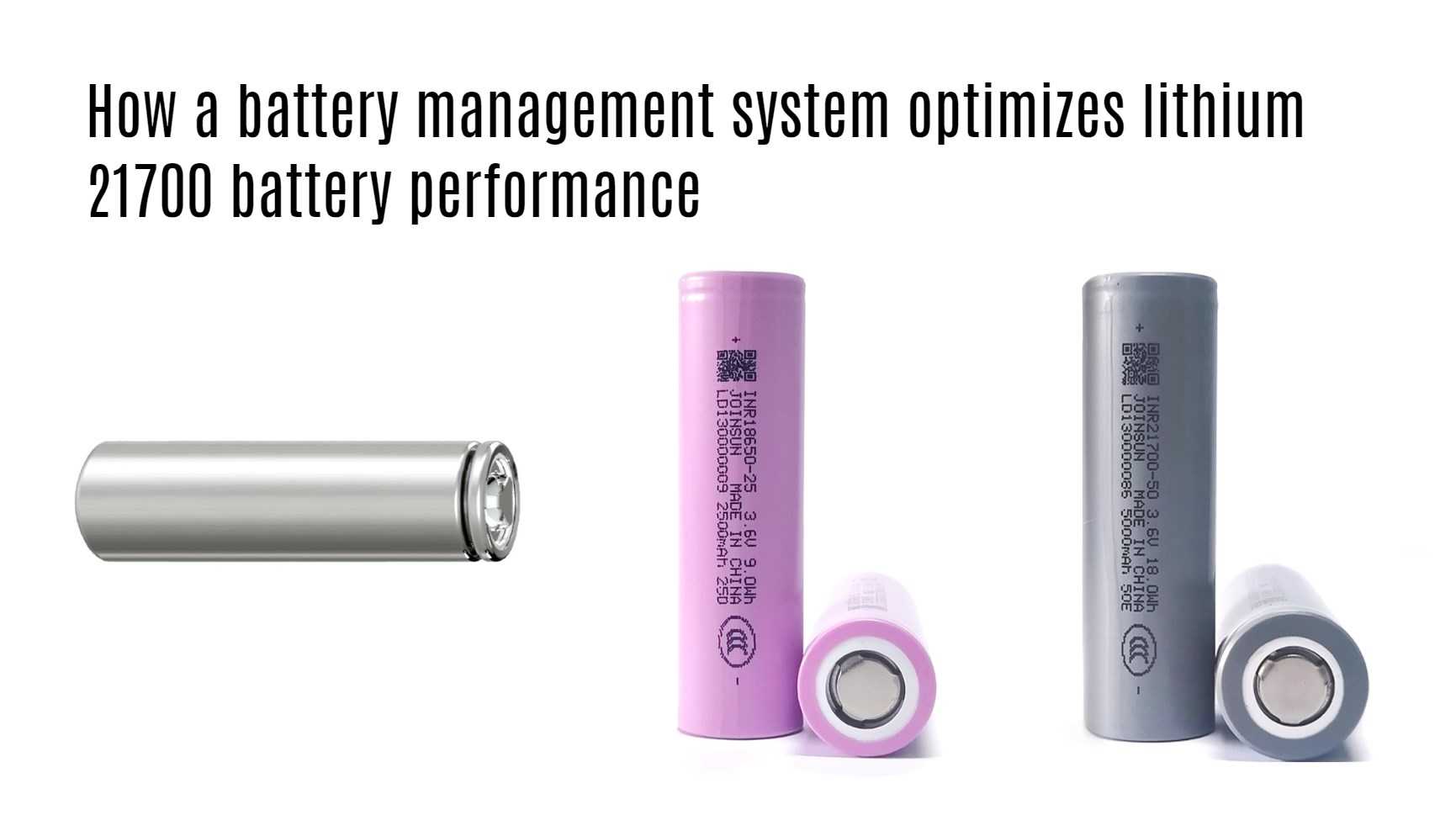In the rapidly evolving world of energy storage, lithium 21700 batteries have emerged as a leading choice for their high energy density and compact size. However, to truly harness their potential, a sophisticated system is required. Enter the Battery Management System (BMS), a technological marvel that not only optimizes performance but also ensures safety and longevity. This article delves into the intricate workings of BMS and how it elevates the capabilities of lithium 21700 batteries.
The Crucial Role of BMS
A BMS is the orchestrator of a battery pack’s health and performance. It monitors and controls critical parameters such as voltage, temperature, current flow, and state of charge. This vigilant oversight ensures that each cell within the battery operates within safe limits, maximizing efficiency and extending the battery’s life.
Enhancing Safety with BMS
Protection Against Overheating and Overcharging
Lithium batteries, while powerful, can be susceptible to hazards such as overheating and overcharging. A well-designed BMS constantly monitors these parameters, taking necessary actions to balance cell voltages and trigger protective measures when abnormalities are detected. This proactive approach is crucial for preventing catastrophic failures and ensuring the safe operation of the battery pack.
Maximizing Usable Capacity
Accurate State-of-Charge and State-of-Health Measurements
The BMS plays a pivotal role in maximizing the usable capacity of lithium 21700 batteries. By accurately measuring the state-of-charge (SOC) and state-of-health (SOH), it provides a precise estimation of the remaining battery capacity. This prevents deep discharge or over-discharge situations, which can significantly impact the battery’s lifespan.
Efficient Power Management
Optimal Charging Techniques and Real-Time Feedback
An advanced BMS enables optimal charging techniques such as constant current/constant voltage (CC/CV) charging methods. It provides real-time feedback on charging progress, improving charge acceptance and reducing unnecessary stress on the cells. This efficient power management strategy is essential for maintaining the battery’s health and performance.
Effective Cell Balancing
Equalizing Cell Voltages for Uniform Wear
Imbalanced cells within a battery pack can lead to uneven wear and reduced performance. A BMS with active balancing capabilities equalizes individual cell voltages during charging or discharging cycles. This ensures that all cells within the pack wear uniformly, prolonging the overall lifespan of the battery.
Predictive Maintenance Planning
A robust BMS incorporates advanced algorithms for predicting battery health degradation over time. By analyzing historical data on usage patterns, load profiles, and environmental conditions, it can estimate when the battery might need maintenance or replacement. This foresight is invaluable for proactive maintenance planning and long-term reliability.
Types of Battery Management Systems
The world of BMS is diverse, catering to various needs with different types of systems:
Passive BMS: Offers basic protection and is cost-effective, suitable for applications with minimal safety concerns.
Active BMS: Provides additional functionalities such as cell voltage balancing, temperature control, and SOC estimation, ensuring optimal performance.
Modular BMS: Allows for scalability with multiple modules connected together, offering flexibility in design and maintenance.
Integrated BMS: Combines all necessary components into a single unit, simplifying the system design while maintaining functionality.
Wireless BMS: Utilizes wireless communication for real-time monitoring without physical connections, a technological advancement that enhances convenience and reliability.
The Impact of BMS on Battery Longevity and Efficiency
Prolonging Battery Life
A BMS enhances the overall lifespan of the battery pack by optimizing charging cycles and balancing cell voltages. This results in longer run times between charges and increased device reliability.
Real-time Data Monitoring and Diagnostics
A well-designed BMS allows for real-time data monitoring and diagnostics through user-friendly interfaces or smartphone apps. This feature keeps users informed about their battery’s health status at all times, an invaluable asset for professionals relying on uninterrupted power supply.
Choosing the Right BMS for Your Application
Selecting the appropriate BMS is crucial for maximizing the performance of lithium 21700 batteries. Factors to consider include the specific requirements of the application, the desired level of protection, and the available budget. Matching the BMS type with the application needs is essential for achieving optimal results.
The Future of BMS and Lithium 21700 Batteries
As technology advances, the role of BMS in optimizing lithium 21700 battery performance becomes increasingly significant. From electric vehicles to renewable energy storage systems, a robust BMS safeguards investments and ensures optimal functionality while minimizing risks associated with high-energy density batteries.
Conclusion
In conclusion, the integration of a high-quality BMS is indispensable for unlocking the full potential of lithium 21700 batteries. It enhances safety, maximizes usable capacity, and ensures efficient power management. By choosing the right BMS for your application, you can experience the peak performance and reliability that these batteries are capable of delivering. Investing in a reliable BMS is a decision that pays dividends in terms of performance enhancement and peace of mind.





